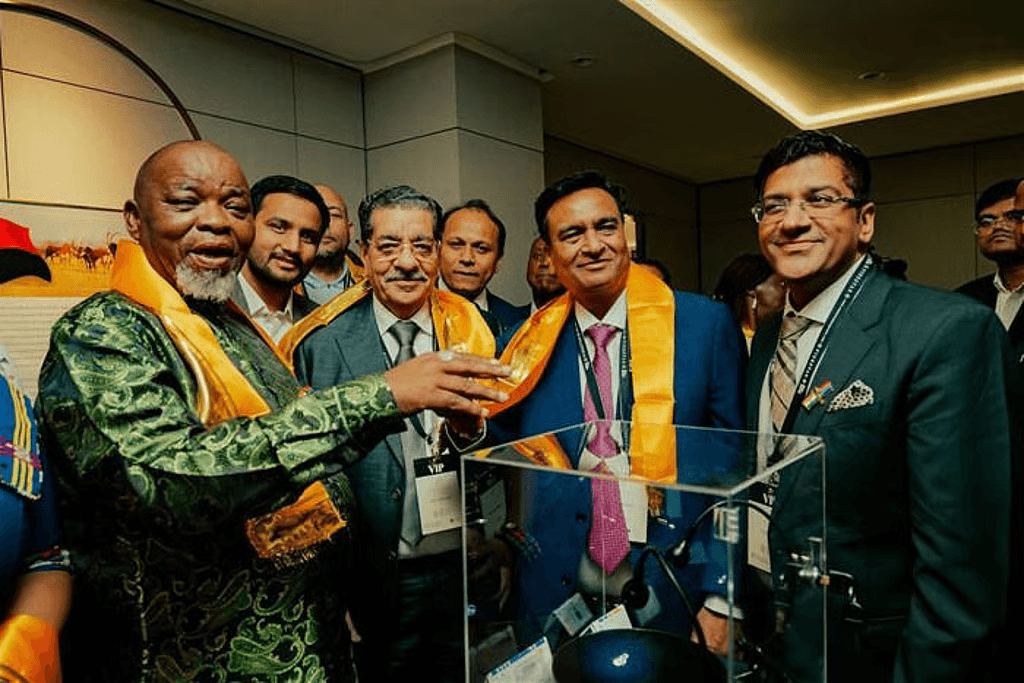
Local Investments, Global Ambitions
Finestar Diamonds and Jewellery has opened a R300 million diamond manufacturing facility in Johannesburg, at the OR Tambo Special Economic Zone’s Jewellery Manufacturing Precinct. The move builds on its existing factories in Botswana (2020) and Namibia (2022), signaling a regional expansion strategy that emphasizes traceability, sustainability, and community empowerment.
Jobs, Skills & Sustainability: More Than Just Polishing
The facility currently employs 46 people (over half women), with plans to scale up to 90. Training programs are in place for diamond polishing and planning. Finestar frames this as not only local beneficiation but as part of the shift toward ethical sourcing and value creation. In a time where ethical jewelry and sustainable gemstones are increasingly demanded, will this local investment meet those expectations—or just polish stones?
Traceability vs Perception: The Risky Balance
Finestar is a De Beers Sightholder and Rio Tinto Select Diamantaire, known for placing traceability on its agenda. The facility promises that, but there’s a question: as consumers look beyond region to lab-grown diamonds, recyclable metals, and crystal-clear supply chains, will local beneficiation be seen as credible ethical sourcing—or merely cost advantage?
Economic Growth, Government Support & Ethical Expectations
By locating in a Special Economic Zone, Finestar leverages infrastructure, tax / VAT benefits, and favorable policy—factors that help reduce costs and complexity. Government and industry leaders see this as industrialisation, inclusive growth, and job creation. However, today’s jewelry consumer doesn’t only reward quantity or locality; ethical jewelry credibility increasingly depends on environmental impact, fair labor, origin certificate, and sometimes comparisons to lab-grown options.
